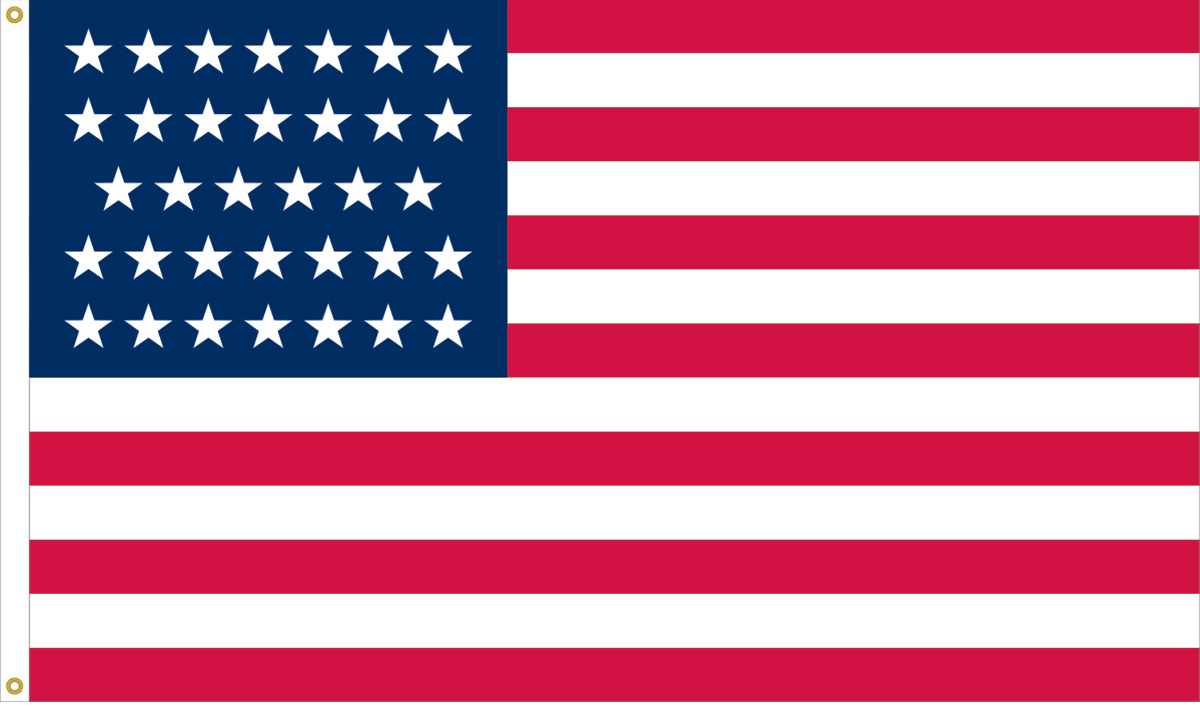
“In the field of world policy, I would dedicate this Nation to the policy of the good neighbor—the neighbor who resolutely respects himself and, because he does so, respects the rights of others—the neighbor who respects his obligations and respects the sanctity of agreements in and with a world of neighbors. We now realize as we have never realized before our interdependence on each other; that we cannot merely take, but must give as well” (1).
President Franklin DElano Roosevelt, Inaugural Address, March 4th, 1933
Between 1948 and 1991, the United States engaged in roughly forty six military interventions (2). This jarring statistic includes neither “unofficial” military actions, nor “soft power interventions.” Indeed, throughout the Cold War, the presence of the United States was felt all throughout the globe. The Beagle Channel was no exception.
As was explored in the section detailing “Chilean and Argentine Foreign Policy Objectives”, the Carter Administration’s focus on human rights proved highly consequential throughout the ordeal. Not only did the international reactions to these violations directly affect Argentine and Chilean leverage, mediatory development was linked to a shared desire between Argentina and Chile for the abandonment of scrutiny pertaining to human rights violations. However, this does not encompass the entirety of the United Stats’ role in the episode. As is repeatedly demonstrated throughout this history, competing factors and actors, both domestic and international, drove the conflict.
More so than either Chile or Argentina, the United States necessarily pursued the dilemma as a Cold War issue. Along with the short term humanitarian goals driving U.S behavior, long-term Cold War interests, namely anti-Communism and regional stability, pervaded. This is evidenced in the United States’ general apprehension towards direct involvement, as they did not want to “legitimize [their] relationship with two oppressive governments” (3). Doing so would tarnish their global perception. Concurrently, if they did nothing, they risked “leav[ing] a large number of Chileans with the belief that the United States played the dominant role in overthrowing [their] government”; a particularly salient concern in such a politically volatile region (4).
These anxieties are expressed succinctly in the CIA briefing below.
These paradoxical concerns ultimately drove the United States to ask that the Pope intervene. In a recent interview conducted by political scientist Andrés Villar Gertner, President Carter’s National Security Advisor Zbigniew Brzezinski explains;
“I had a brief conversation with the Pope in the course of addressing a wider set of issues. He brought up the issue of a possible conflict between Chile and Argentina over a territorial dispute and said that if there were to be a conflict between two important Catholic countries in South America that would send a very bad signal to the region and the world. [President Carter] asked the Pope whether he could consider helping to prevent the conflict. The Pope said that he would consider it and, after a time, he decided to use the Vatican to mediate” (6).
Andrés Villar Gertner “the beagle Channel Frontier Dispute between argentina and chile”
Thus, it was partly the United States’ desire to neither abandon human rights posturing nor be held responsible for war, that ultimately resulted in Papal mediation.
Notes
(1) “Milestones: 1921–1936 – Office of the Historian.” Accessed December 14, 2020. https://history.state.gov/milestones/1921-1936/good-neighbor.
(2) Krumholz, Willis. “America’s Overreliance on Military Intervention | RealClearDefense,” December 29, 2017. https://www.realcleardefense.com/articles/2017/12/29/americas_overreliance_on_military_intervention_112830-full.html.
(3) Villar Gertner, Andrés. “The Beagle Channel Frontier Dispute between Argentina and Chile: Converging Domestic and International Conflicts.” International Relations 28, no. 2 (June 1, 2014): 217. https://doi.org/10.1177/0047117814526910.
(4) Villar Gertner, Andrés. “The Beagle Channel Frontier Dispute between Argentina and Chile: Converging Domestic and International Conflicts.” International Relations 28, no. 2 (June 1, 2014): 218. https://doi.org/10.1177/0047117814526910.
(5) United States White House Report, ‘Argentina-Chile: The Beagle Channel Crisis’, CIA/OC/WHSR 78-215 (Washington, DC: CIA, 13 December 1978).
(6) Villar Gertner, Andrés. “The Beagle Channel Frontier Dispute between Argentina and Chile: Converging Domestic and International Conflicts.” International Relations 28, no. 2 (June 1, 2014): 218. https://doi.org/10.1177/0047117814526910.
(7) Zbigniew Brzezinski. “Greeting Pope John Paul II on His Trip to the US; Never Poles Apart! Http://T.Co/SzyUv7cLNC.” Tweet. @zbig (blog), April 9, 2013. https://twitter.com/zbig/status/321703303610261504.

